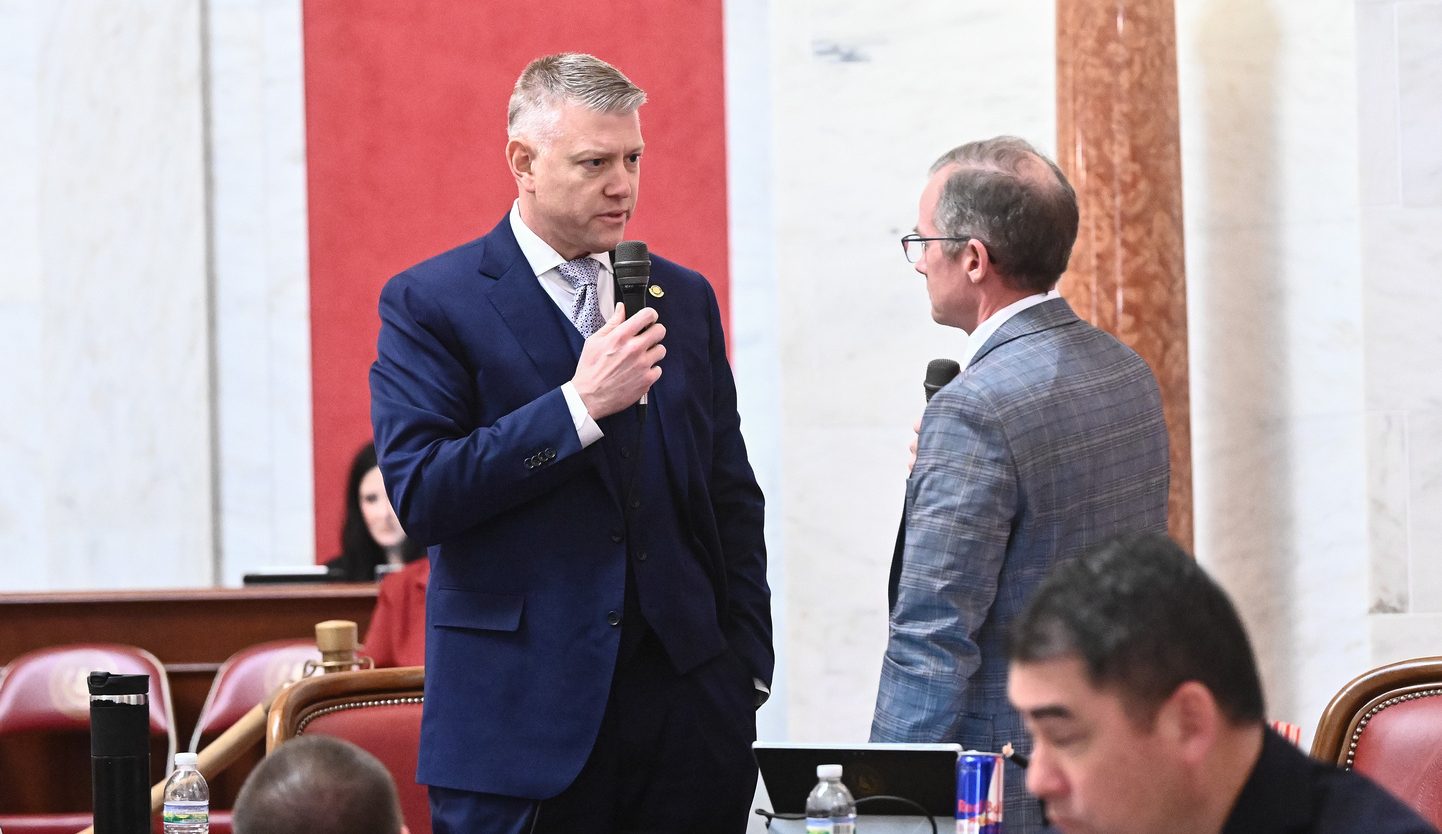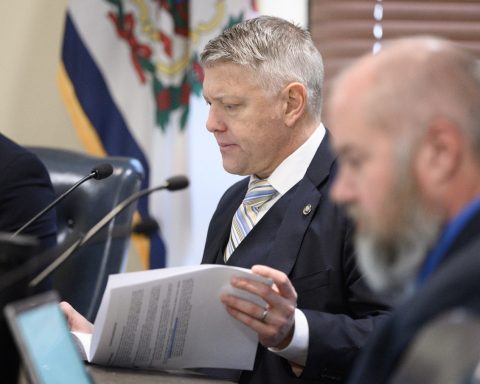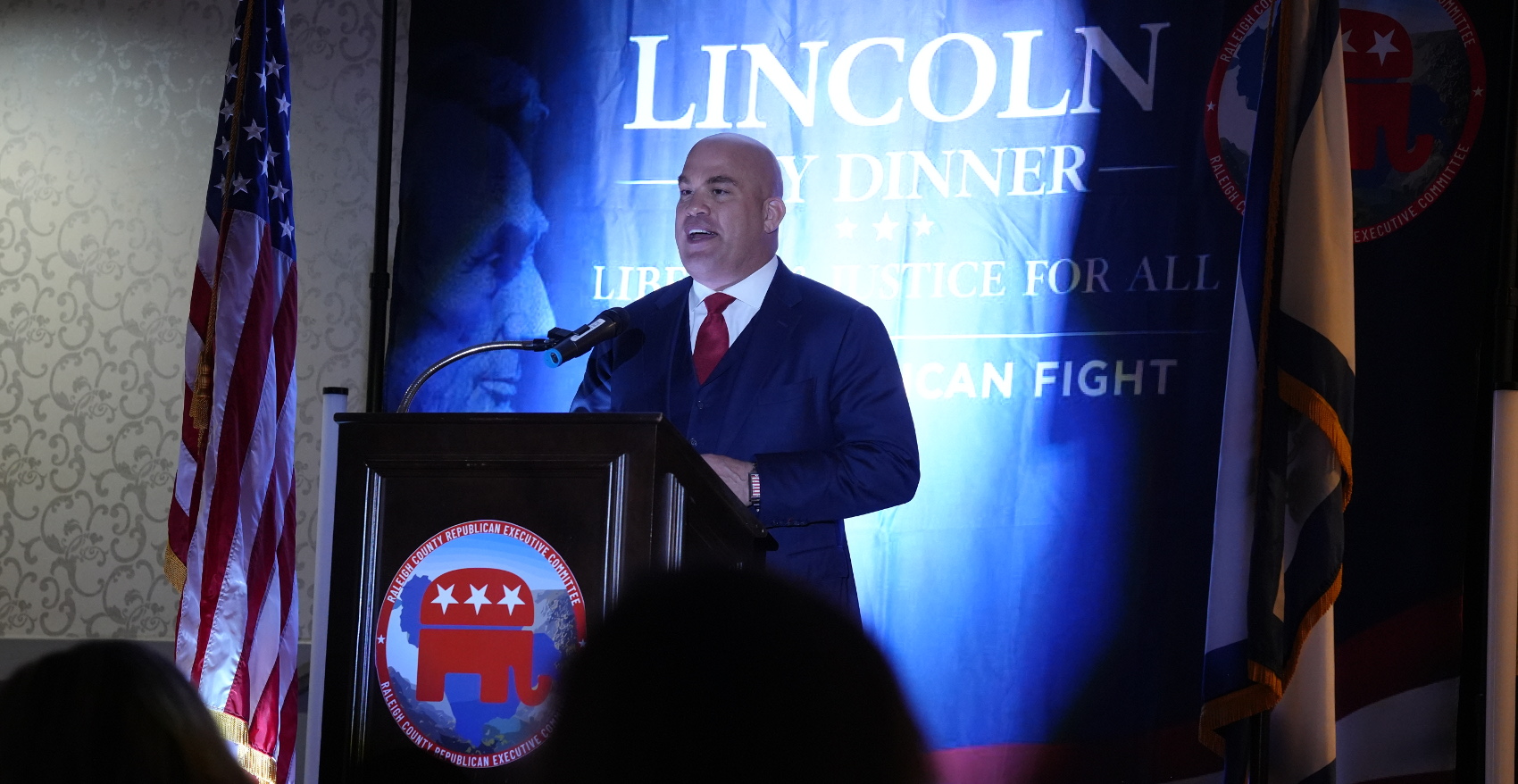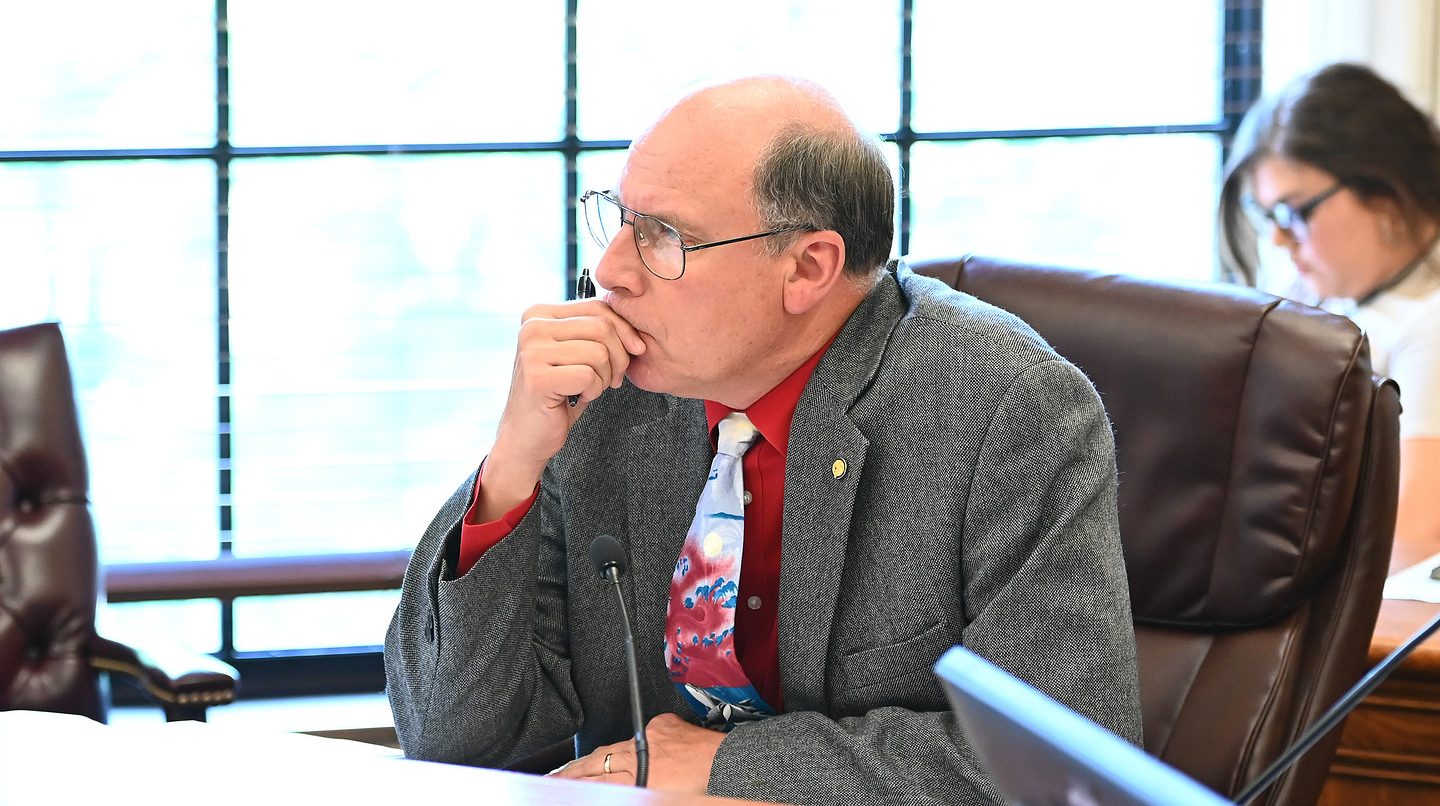CHARLESTON — An amendment, introduced today by Sen. Eric Tarr (R-4), has drawn sharp criticism from lawmakers. House Bill 2172 seeks to add an athletic trainer to the Board of Physical Therapy. Sen Tarr’s amendment to the bill sought to strike language that would have increased the board’s membership to eight and removed a tie-breaking provision. Tarr’s amendment aimed to keep the board’s membership at seven and required the appointed athletic trainer to also be licensed as a physical therapist.

Critics of the amendment argue that Tarr’s proposal undermines the intent of the bill by diminishing the influence of athletic trainers on the board and creating a conflict of interest. The bill, which was designed to provide athletic trainers with representation on the board, would allow an independent athletic trainer to advocate for their profession. However, the proposed amendment requires that this representative also hold dual certification as a physical therapist, which opponents argue would reduce the athletic trainer’s ability to independently represent their peers.
Sen. Scott Fuller (R-5) was one of the most vocal opponents of Tarr’s amendment. Speaking on the floor, Fuller pointed out the current imbalance of physical therapists on the board.
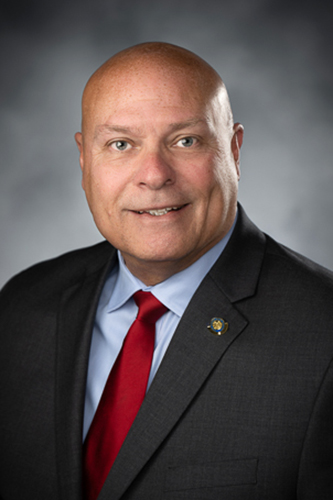
“There are five physical therapists on this board as it stands right now. Five,” Sen. Fuller said. “That sounds like a backdoor deal to me … that they’re trying to keep the athletic trainers away from this board, which they agreed they would be a part of, if they had representation. Now, they’re coming back and saying, ‘Oh yeah, you’re going to get representation but it’s going to be one of our physical therapists who’s duel licensed as an athletic trainer.’ I don’t think that was the intent that the athletic trainers had in mind when they wanted to be a part of this board.”
Sen. Laura Chapman (R-1) also spoke out against Tarr’s amendment, emphasizing that athletic trainers, who pay a fee to be licensed by the board, deserve their own representation.

“The athletic trainers pay a fee, I assume, yearly,” Sen. Chapman said. “They pay a fee to the Board of Physical Therapy to be licensed, otherwise, they cannot practice within the State of West Virginia. They don’t have representation on this board. As a country, we oppose taxation without representation, which is what this is. I think we had a little Tea Party about it a couple hundred years ago. I urge rejection of this amendment.”
The amendment was further scrutinized during a heated exchange between Sen. Tom Willis (R-15) and Sen. Tarr. Willis questioned Tarr’s motivations, particularly in light of his own professional background.
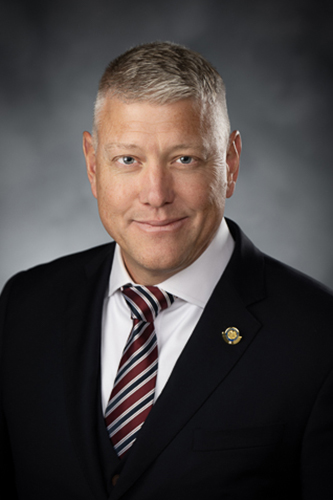
“Are you a certified athletic trainer?” Sen. Willis asked Tarr.
“I am not,” Sen. Tarr responded.
“Are you a dual certified PT?” Sen. Willis pressed.
“I am not,” Sen. Tarr interrupted.
“Let me finish the question, please,” Sen. Willis said. “Are you a dual certified physical therapist/athletic trainer?”
“I am not,” Sen. Tarr responded.
“Are you a physical therapist?” Sen. Willis asked.
“Yes,” Sen. Tarr responded, visibly uncomfortable.
Willis then questioned whether a dual-certified individual could truly represent the interests of athletic trainers as effectively as someone exclusively trained in that field.
“And you honestly think that a dual certified PT athletic trainer is going to advocate for the athletic trainers to the same degree like this, like the good senator said, to the same degree as someone who’s only an athletic trainer certified?” Willis asked.
“Absolutely, and I also believe that serves the purpose of the board, which is to protect the public to make sure the minimum standards are met for both practices,” Tarr replied.
Willis, however, was unconvinced and raised concerns over the potential conflict of interest posed by Tarr’s position.
“I think it’s a conflict of interest, Mr. President, that we have an amendment from someone who is not certified as an athletic trainer … who’s certified as a physical therapist … only suggesting an amendment to exclude athletic trainers from the board,” Sen. Willis stated.
In response to the growing criticism, Sen. Tarr requested a Rule 43, acknowledging his potential conflict of interest and asking to be excused from the vote.
“I just want to request a Rule 43, since we’re all calling for a vote. I am a licensed physical therapist and I employ athletic trainers in the state, Mr. President. I request to be excused from the vote,” Tarr said.
Despite his request and being permitted to vote, the amendment was rejected 8-26 as the bill progressed to third reading. This latest defeat highlights Sen. Tarr’s diminished influence in the West Virginia Senate, as he transitions from once holding the prestigious position of Finance Chairman and being a potential Senate President contender to now facing significant opposition and setbacks within his own chamber.
The debate highlighted ongoing tensions between physical therapists and athletic trainers, as the professions continue to grapple with issues of representation and influence within the state’s regulatory bodies.
Supporters of the bill, which seeks to increase the representation of athletic trainers on the Board of Physical Therapy, expressed hope that the final version of the legislation would reflect a more balanced approach that could fairly represent both professions.

